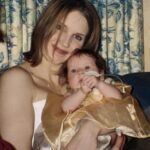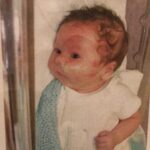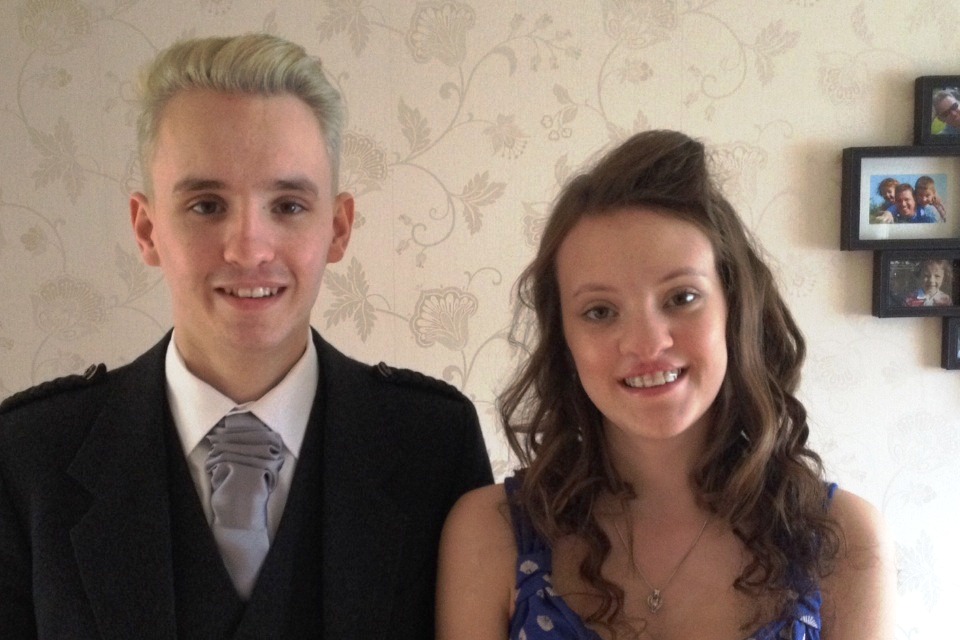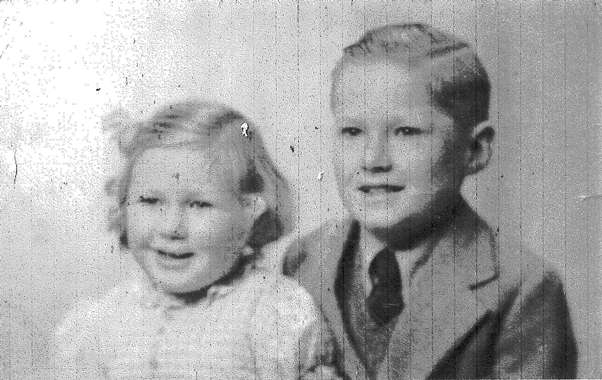
“My cleft palate has shaped me into who I am today – and I wouldn’t change it!”

CLAPA volunteer and former CYPC member Izzy has turned her experiences of being born with a cleft palate into a passion for working in the medical industry.
Izzy’s cleft palate was discovered after she was born. A cleft palate, unlike a cleft lip, can’t be reliably detected on pregnancy scans, and is often seen as an ‘invisible’ condition.
“I think the initial thought when people think of cleft is a cleft lip – not so many know what a cleft palate is.”
 She said: “I think the initial thought when people think of cleft is a cleft lip – not so many know what a cleft palate is. Despite cleft palates not usually affecting the physical appearance, as it’s inside the mouth, it still has huge effects on speech, ear problems, and confidence.
She said: “I think the initial thought when people think of cleft is a cleft lip – not so many know what a cleft palate is. Despite cleft palates not usually affecting the physical appearance, as it’s inside the mouth, it still has huge effects on speech, ear problems, and confidence.
“My cleft palate affected my confidence speaking in class. It also gave me an overbite, which did make a visible difference to my face. Growing up, I had speech therapy and struggled a lot with speaking – I often had people asking me to repeat myself, or making fun of the way I said things, which would lead to a lot of frustration.
“I struggled a lot with time off throughout school due to having glue ear, a common condition when born with a cleft palate. This would mean countless nights in the hospital in pain, and I even ended up on special measures in school for my attendance.”
Despite all the medical treatment, including six surgeries, Izzy has a very upbeat attitude to her cleft palate, is keen to help people become more aware of the condition, and has turned her experiences into a career move.
The 22-year-old is currently studying medical pharmacology at university.
“My cleft has shaped me into who I am today, and, despite some moments being tough, I wouldn’t change it!”
“Having a cleft doesn’t define or limit you.”
“Having a cleft doesn’t define or limit you. Without my cleft, I wouldn’t have met some amazing people through the CYPC, and I probably wouldn’t have the same passion as I do for the medical industry.
“Initially, I wanted to become a maxillofacial surgeon and my research into this field is how I ended up studying pharmacology instead.”
When Izzy was born, she said the hospital didn’t know much about her cleft, “nowhere near as much as they do today”, and her parents had been unable to prepare, as it was diagnosed after her birth.
“They told my parents I’d have many learning disabilities as a result of my cleft palate – which added to the initial shock. Luckily, one of the nurses had a child born with a cleft, and she was able to advise and support my parents.”
Izzy joined CLAPA’s CYPC aged 11, and also attended CLAPA residential trips, which, she said, helped her to share experiences with other young people born with a cleft lip and/ or palate.
She said being born with a cleft palate has brought “unique challenges” in her life, ones that her siblings and friends have never experienced. However, she’s always thought “quite positively” about her cleft palate, and is keen to raise awareness through her work with CLAPA.
“I think cleft, especially cleft palate, is very misunderstood.”
“I think cleft, especially cleft palate, is very misunderstood. A lot of people think it’s a one operation fix all – you just need surgery to fix the lip, or to join the roof of your mouth.
 “People can be a bit surprised when they realise all the other stuff it affects, that it’s not just one operation when you’re eight months old and then it’s all sorted. My last operation was two years ago, to my jaw, and I’ve had tons of treatment for my ears and speech.
“People can be a bit surprised when they realise all the other stuff it affects, that it’s not just one operation when you’re eight months old and then it’s all sorted. My last operation was two years ago, to my jaw, and I’ve had tons of treatment for my ears and speech.
“There was a lot of pain, and I still get bad ear pain sometimes, but it’s a lot easier to deal with now.”
To help Izzy through her operations, and to ease her pain, her parents would distract her with a gift – giving Izzy something positive to focus on.
She laughed: “My parents would buy me a present after each operation, so I would always focus on the present I was getting, instead of the operation. Even now I could probably tell you more about the shoes I got for my palate surgery instead of the surgery itself!”
Thank you Izzy
Thank you to Izzy for sharing her story.


